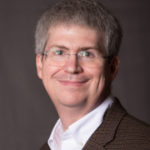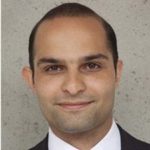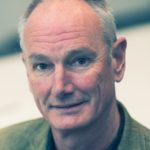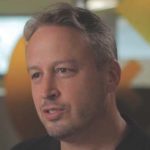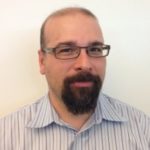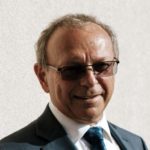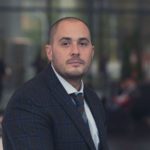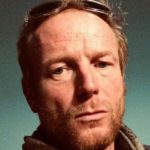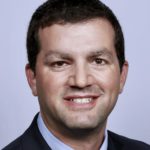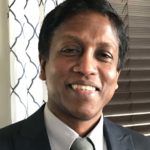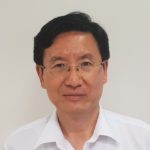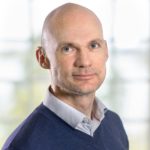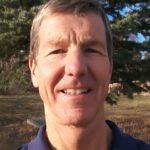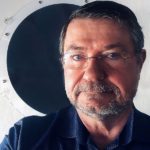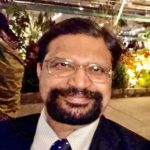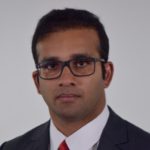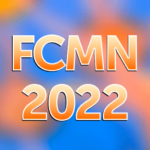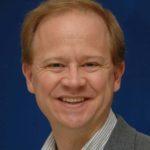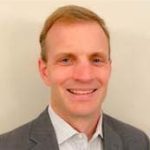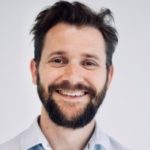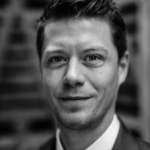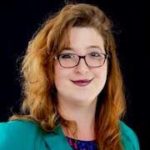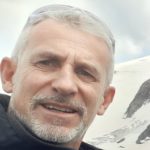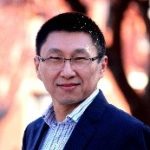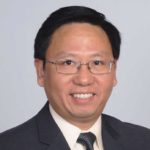Technical Program
The 2022 International Conference on Frontiers of Characterization and Metrology for Nanoelectronics (FCMN) will be held at the Monterey Marriott in Monterey, CA, June 20-23, 2022.
The FCMN will bring together scientists and engineers interested in all aspects of the characterization technology needed for nanoelectronic materials and device research, development, integration, and manufacturing. All approaches are welcome: chemical, physical, electrical, magnetic, optical, in situ, and real-time control and monitoring. The semiconductor industry is evolving rapidly: the conference will highlight major issues and provide critical reviews of important materials and structure characterization and nearline/inline metrology methods, including hardware, data analysis, and AI and machine learning, as the industry both extends the technology deep into the nanoscale and increases the diversity of devices and systems.
The conference consists of formal invited presentation sessions and poster sessions for contributed papers. The poster papers cover new developments in materials and structure characterization/metrology down to the nanoscale. The conference began in 1995, and this meeting is the 13th in the series.

